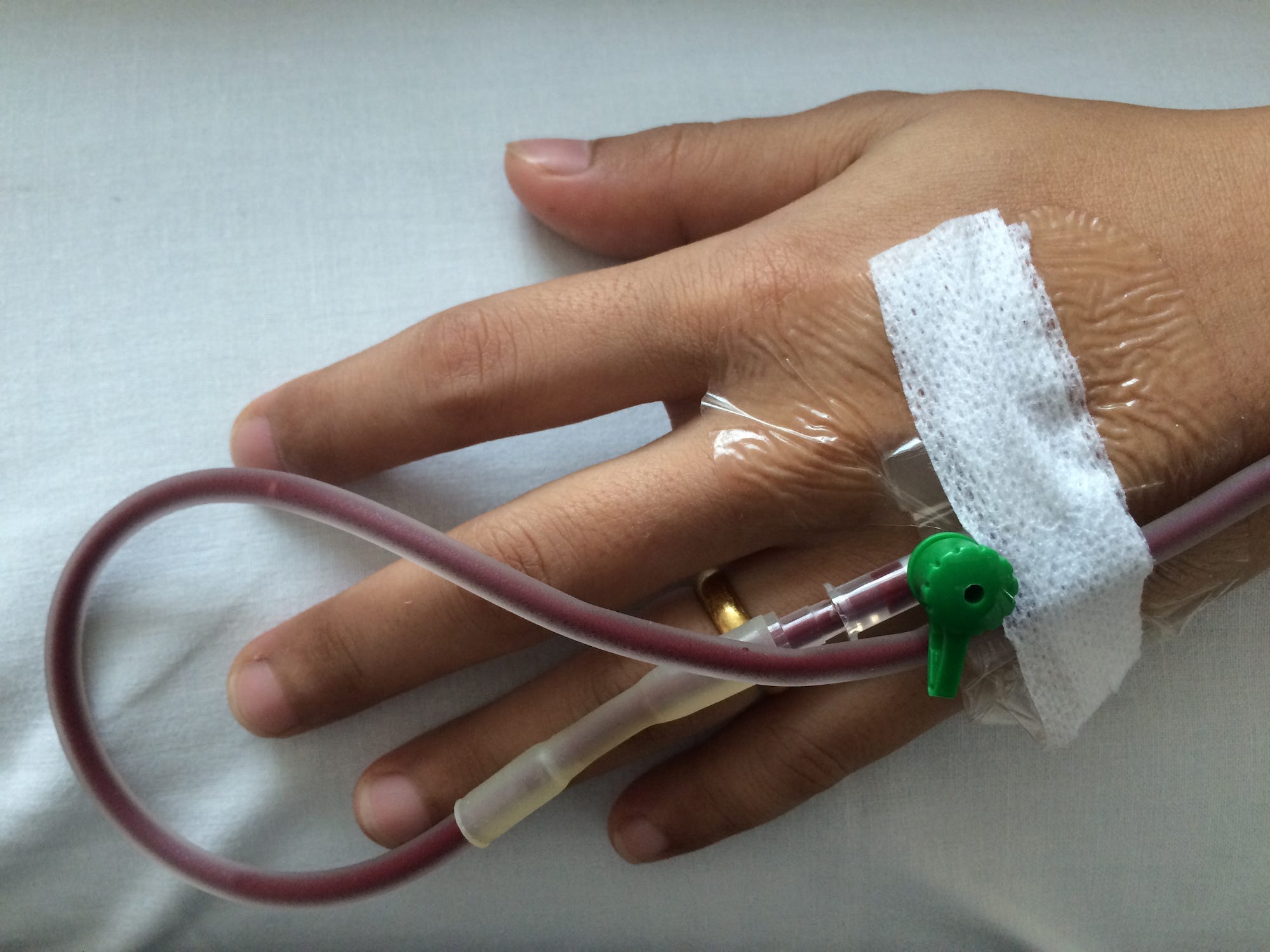
An Ecuadorian woman residing in Spain, Rosa Edelmira Pindo Mulla, has brought the country to the European Court of Human Rights, alleging that she was subjected to a blood transfusion against her religious beliefs during surgery, sparking a contentious legal battle that has drawn international attention.
Pindo Mulla, a devout Jehovah's Witness, claims to have been a victim of what she describes as medical paternalism, citing her nationality and religious affiliation as factors in the violation of her rights. The ordeal began in 2017 when the 53-year-old was advised to undergo surgery following a series of medical examinations.
In preparation for the procedure in 2018, Pindo Mulla filled out three crucial documents – an advance directive, a long-term power of attorney, and an informed consent form. She asserts that she explicitly stated in all three documents her status as a Jehovah's Witness and her refusal to accept any form of blood transfusion, even if it endangered her life.
Despite her expressed wishes, Pindo Mulla experienced a life-threatening haemorrhage during surgery and was administered a blood transfusion against her will. Since then, she has relentlessly pursued justice, initially through the Spanish legal system, only to have her case dismissed by both a Madrid court and the Spanish Constitutional Court.
Undeterred, Pindo Mulla escalated her fight by lodging an application with the European Court of Human Rights (ECHR) in March 2020. The ECHR, responsible for adjudicating violations of the European Convention on Human Rights, received her case amid mounting controversy.
The complexity of the case led to its referral to the Grand Chamber of the ECHR after the initial Chamber relinquished jurisdiction. Such decisions are made in instances where jurisprudence is lacking or when a deeper examination of the matter is warranted.
The legal battle has drawn public attention and stirred debate on ethical grounds. Some argue that medical professionals were justified in prioritizing saving Pindo Mulla's life despite her objections, while others contend that individuals' rights, no matter how extreme, should be respected unless they infringe upon the rights of others.
Adding to the complexity are conflicting accounts of the events that transpired in June 2018. While Pindo Mulla claims to have repeatedly communicated her refusal of blood transfusions to hospital staff, the hospital maintains that the urgency of the situation necessitated immediate intervention to save her life.
Representatives of the Spanish government defended the actions taken, emphasizing the need for swift medical intervention. However, Pindo Mulla's legal team argues that she was unfairly targeted due to her immigrant status, accent, and religious affiliation, and that her wishes should have been respected in accordance with her conscience.
The deliberations of the Grand Chamber of the European Court of Human Rights are ongoing, with a verdict expected in the coming months.
Read Full Story
















Facebook
Twitter
Pinterest
Instagram
Google+
YouTube
LinkedIn
RSS